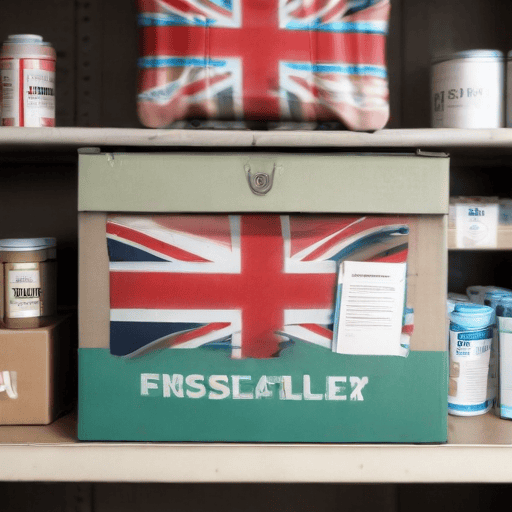Fiji’s Ministry of Health and Medical Services (MOHMS) is heavily reliant on the Fiji Pharmaceutical and Biomedical Services (FPBS) to manage the distribution of essential medical supplies across the nation. The FPBS acts as the sole warehouse for MOHMS, ensuring that over 200 health facilities receive necessary medicines, vaccines, and medical equipment.
Recently, the ministry conducted a media tour to clarify its operations amid concerns over supply shortages linked to global supply chain disruptions. Fiji’s lack of local production capacity means that it depends significantly on international suppliers. Upon arrival in Fiji, medicines are processed at the FPBS before being dispatched to various health facilities. However, this supply chain is often hindered by logistical challenges, including manufacturer delays and transport issues.
FPBS Director Jeremaia Mataika elaborated on the facility’s operations, explaining that distribution follows a structured plan. Most health facilities receive supplies monthly, while those in remote areas receive them quarterly. The FPBS’s budget has increased substantially from $60 million to approximately $95.2 million, with a dedicated team of 105 staff managing 14 medical categories.
The procurement of medical supplies is conducted following the Financial Management Act and government regulations. For purchases exceeding $50,000, a formal tendering process is utilized, which can take several months. The FPBS collaborates closely with the Medicines Regulatory Authority to ensure all procured medicines meet safety and efficacy standards.
A significant advancement in FPBS’s operations is the introduction of the M-Supply system, a digital platform for inventory and procurement management. This system empowers health facilities to place orders electronically, enhancing overall supply chain efficiency. Supported by the Government of Australia, M-Supply has now been implemented across all 230 health facilities.
To tackle ongoing logistical challenges, FPBS is planning to expand its warehousing capabilities, with new facilities in the Northern and Western divisions. Lessons learned during the COVID-19 pandemic have driven priorities for building more warehouses and pre-stocking critical medical supplies.
Looking ahead, the FPBS aims to strengthen the supply chain further through better inventory management, strategic stockpiling, and digital enhancements. With the backing of international partners, there is optimism that all Fijians, regardless of their location, will have access to the medical supplies they need.
In summary, while challenges remain in the distribution of medical supplies due to global issues, efforts are underway to improve efficiency and ensure that essential health products reach those in need. The FPBS’s commitment to enhancing its operations signals a hopeful outlook for health service delivery in Fiji.

Leave a comment